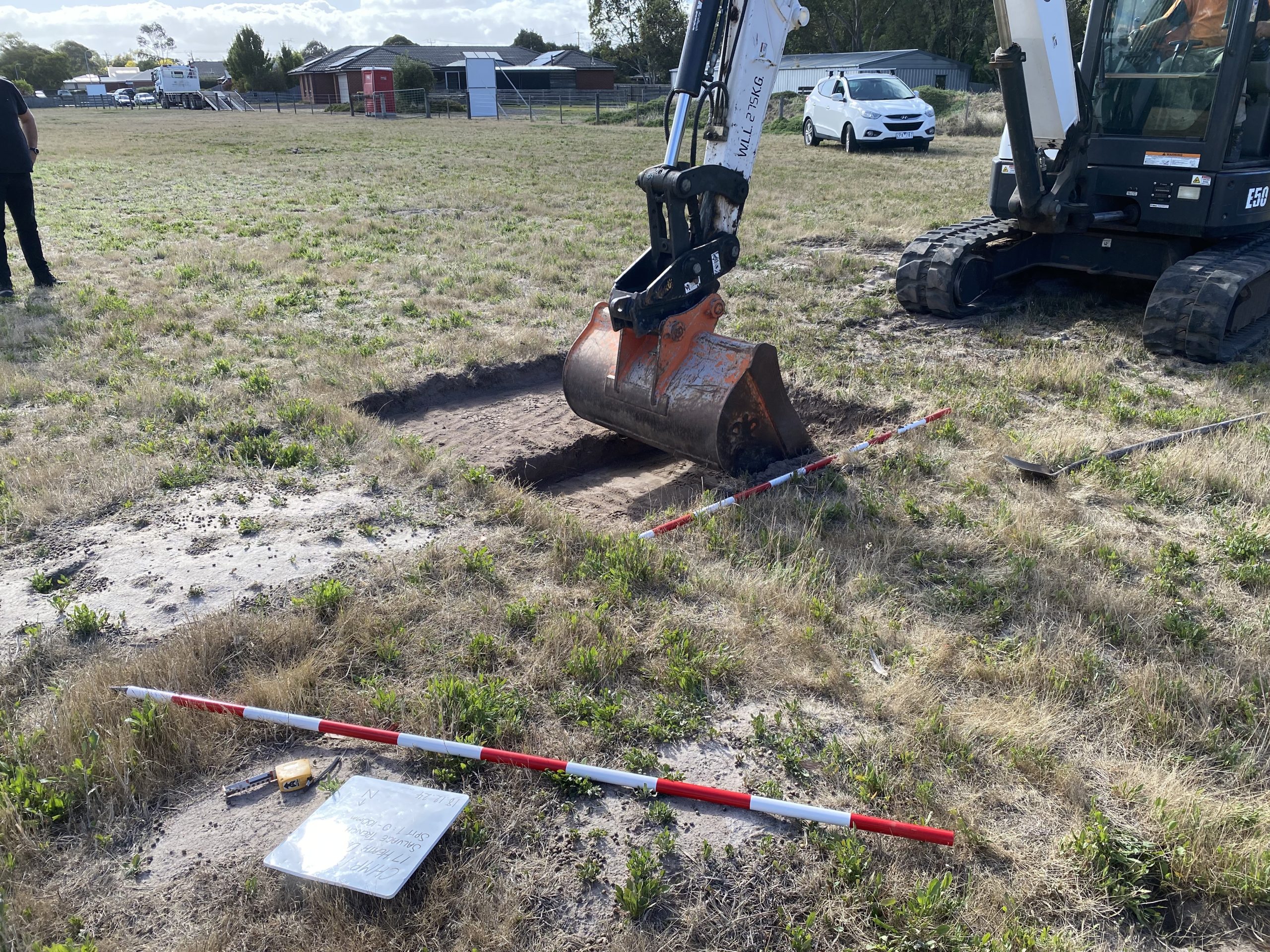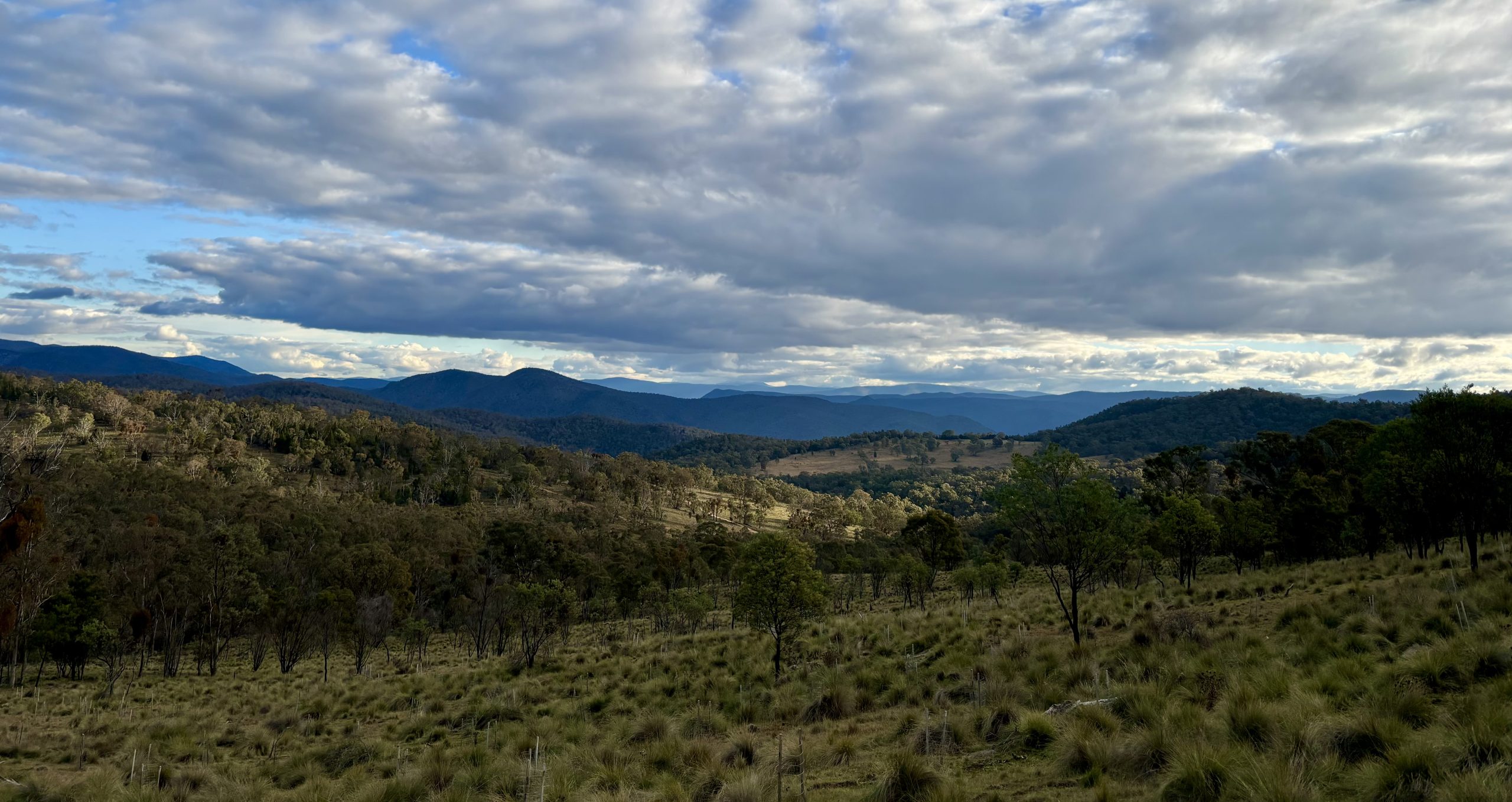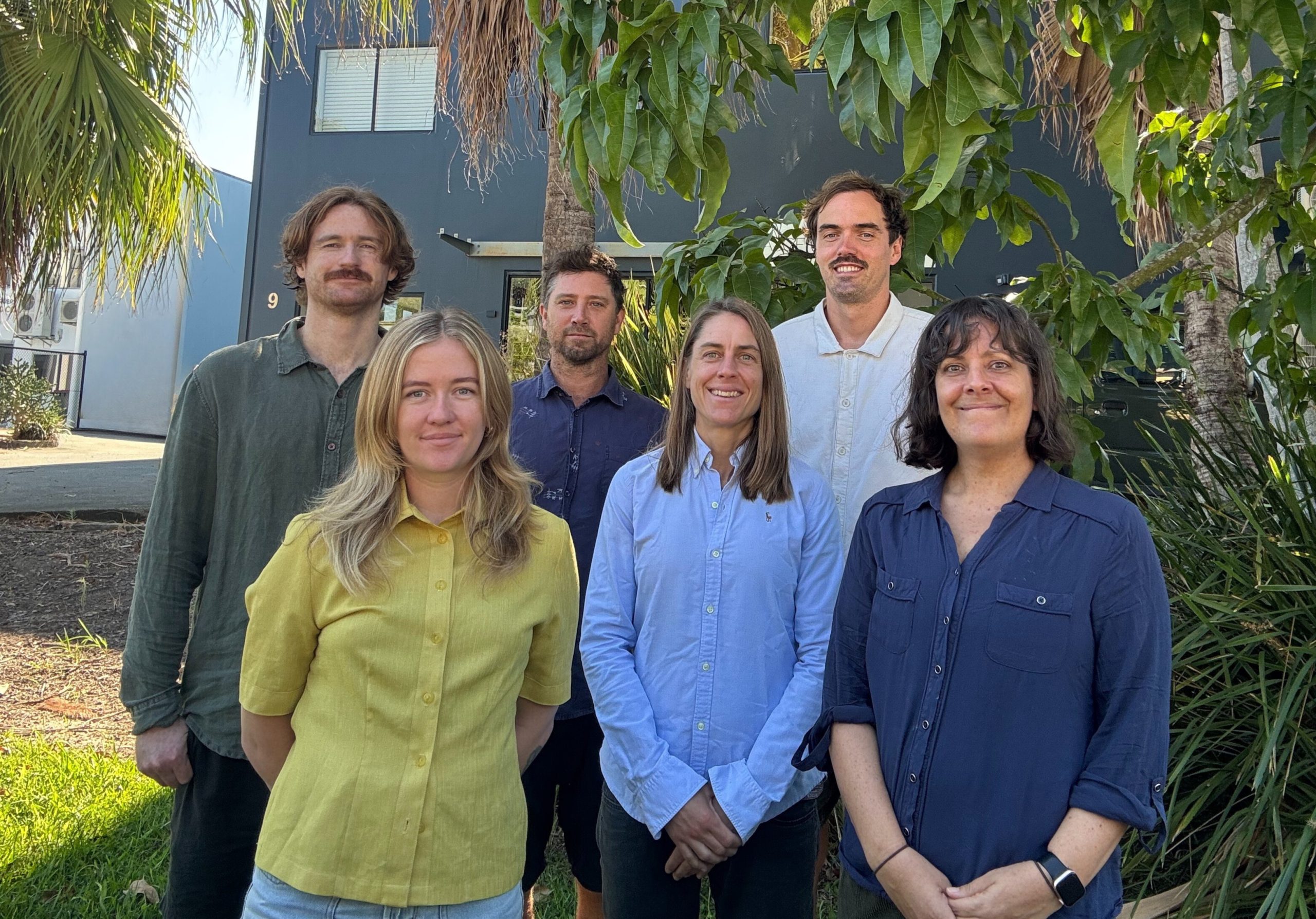What is zooarchaeology and why conduct faunal analysis?
Author: Deirdre Lewis-Cook, Principal Heritage Consultant
January 24, 2024
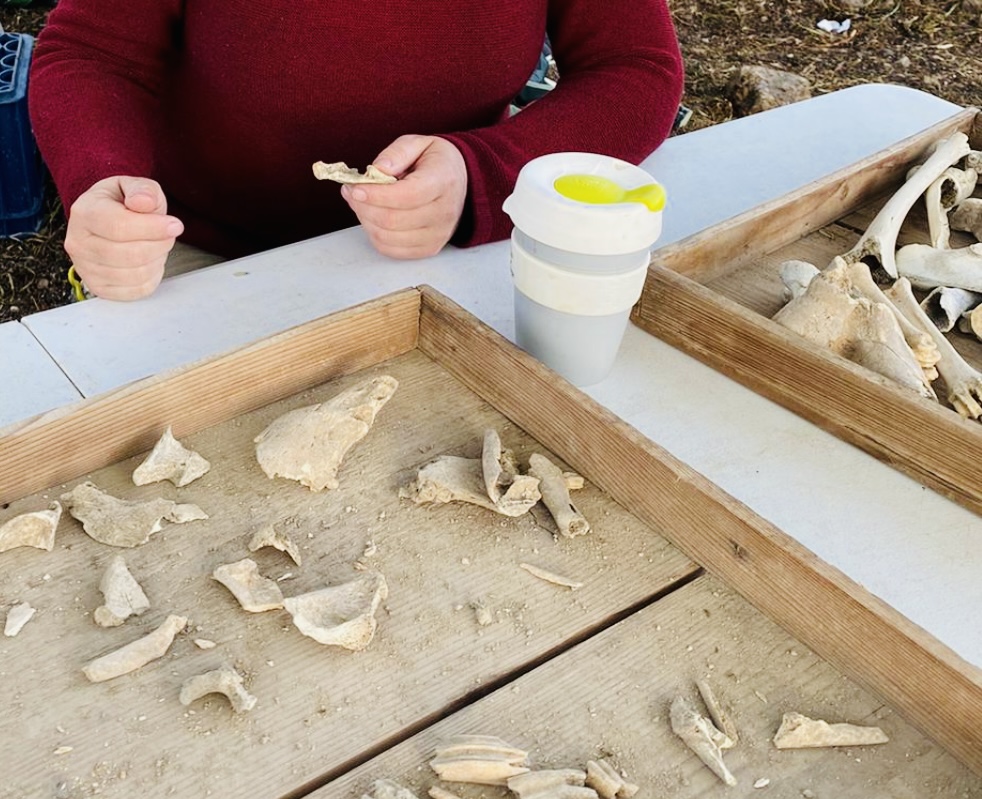
News & Insights
What do the bones tell us?
Principal Heritage Consultant Deirdre Lewis-Cook is a consulting archaeologist who specialises in osteoarchaeology and zooarchaeology. She is one of few consultants in Australia actively undertaking faunal analysis on archaeological assemblages, that is, analysing animal bones excavated from archaeological sites.
What is faunal analysis and why should we concern ourselves with animal bones? Deirdre explains.
Understanding changing climate and ecology
Analysing the bones found at a site can indicate the types of animal populations endemic to an area. When we look at animal bones, we can learn about regional and/or site-specific environmental history and changes. Faunal analyses lend to debate on animal extinction events and the domestication of particular species of animal. They also have current real-world applications for conservation such as the reintroduction of endemic animal species to ecosystems.
Uncovering human and animal interactions
Faunal analysis can also be an important source of information about human occupation and the cultural history of a region.
Through interactions with the world around us, humans have always cohabitated with animals, both wild and domesticated. Traces of the complex relationship between humans and animals can be found on bones left behind as a result of human actions. These bones can tell us a lot about how people used a particular space in the past, how they lived and worked, what they ate, their beliefs, cultural practices, burial practices and social status. Faunal analysis, when interpreted in conjunction with information shared by traditional knowledge holders, can provide another layer of knowledge that helps us understand past human occupation of a site.
A day in the life of a zooarchaeologist
Sometimes her work does literally involve sorting through piles of bone or fragmented bone pieces, says Deirdre. Though her job involves just as much report-writing and research these days.
Her expertise may be requested to inform a larger archaeological assessment in preparation for project approvals.
She might also be working on a museum or university collection, examining a legacy bone collection. These collections may never have been examined by a zooarchaeologist since being excavated and can be a valuable source of information with no need to engage in further excavation on site.
Sometimes she might be working alongside cultural knowledge holders on community-led projects.
Finding the path to a rewarding career
Deirdre became fascinated by bones at the age of 10 after watching Jurassic Park at the cinemas and decided she wanted to be a palaeontologist. Although, she adds, early fieldwork excavating family pet burials proved somewhat controversial.
She went on to study archaeology, palaeoanthropology, biological anthropology, and faunal analysis. Since 2004, she has participated in various site excavations both in Australia and internationally.
After joining Niche as a heritage consultant, she identified an opportunity to offer faunal analysis as a service offering. Niche was very supportive, she explains. The company provided leave and financial support, allowing her to develop her expertise through additional study and fieldwork overseas.
Digging into the future
It is a truism that better understanding the past can help us anticipate the future. In this case, examining the impacts of natural and human-induced environmental changes on animal populations may provide new insights into the effects of climate change and how cultural practices may have shifted as a result.
Ultimately, says Deirdre, the reason she is still fascinated by bones is not just because they are interesting artefacts or ecofacts. More, they help us understand the people who have lived before us, how they lived, and suggest how this knowledge might help people into the future.
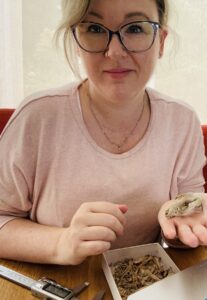
Deirdre Lewis-Cook is Principal Heritage Consultant and Osteoarchaeologist at Niche.
Find out more
- Heritage management
- Contact us to discuss your project
- Culture & Careers
- About Niche
- Latest news
- Projects
Follow us
Excellence in your environment

